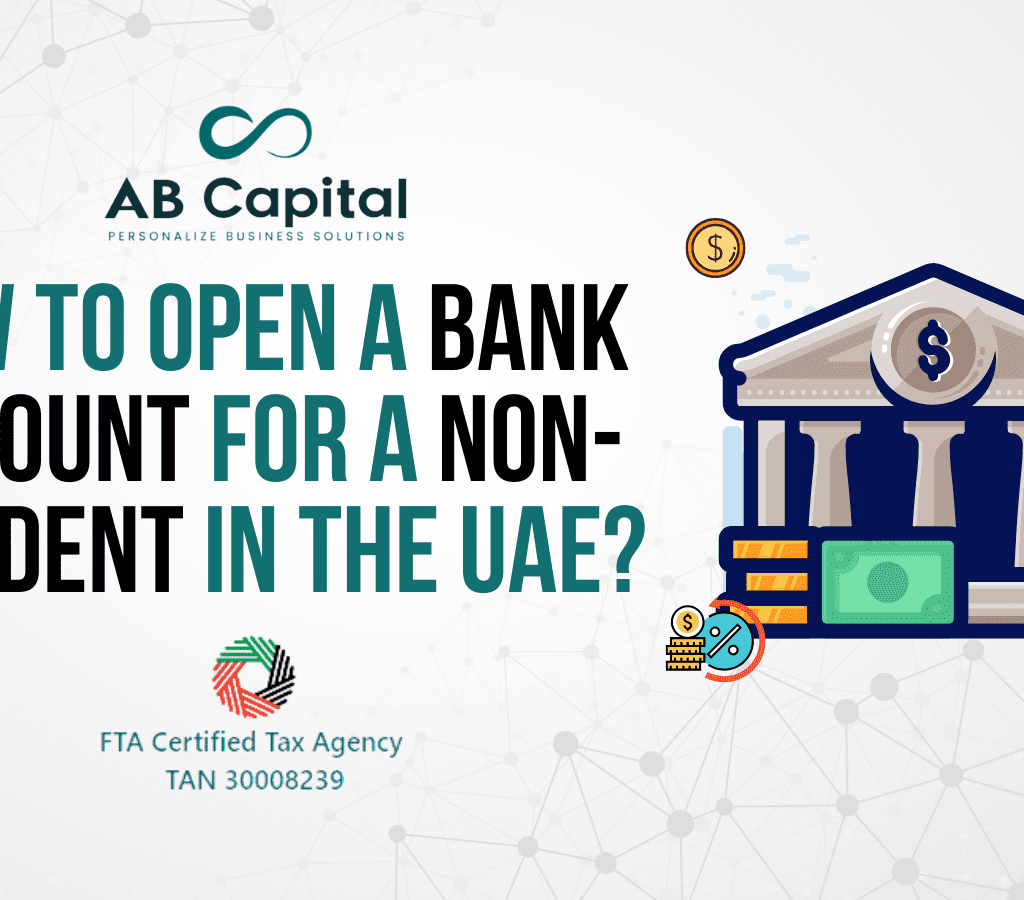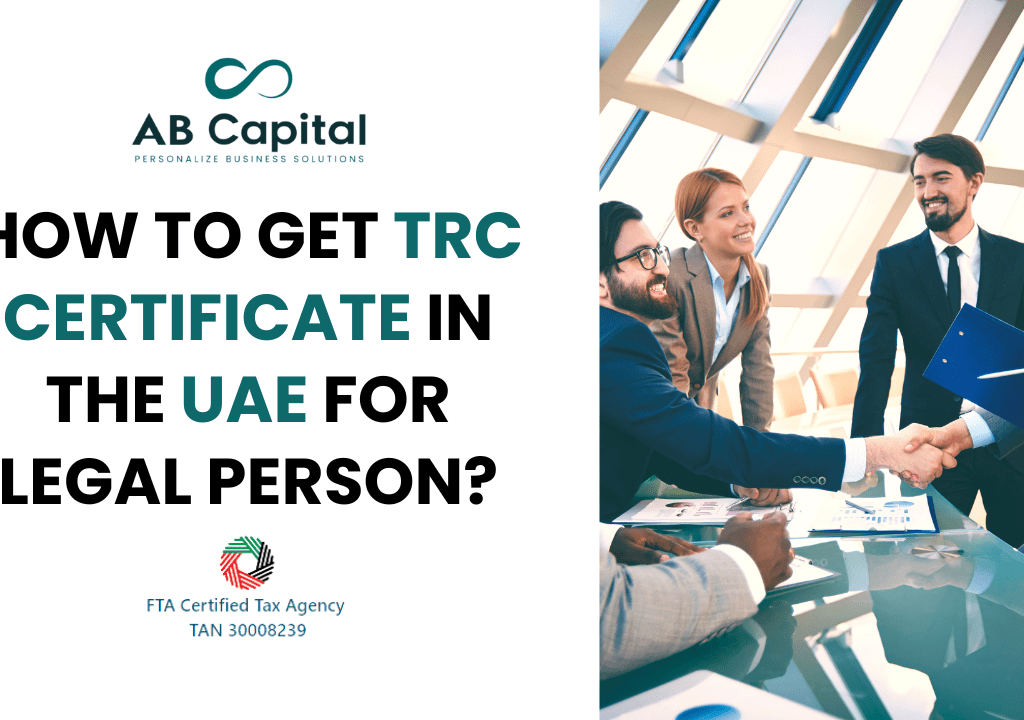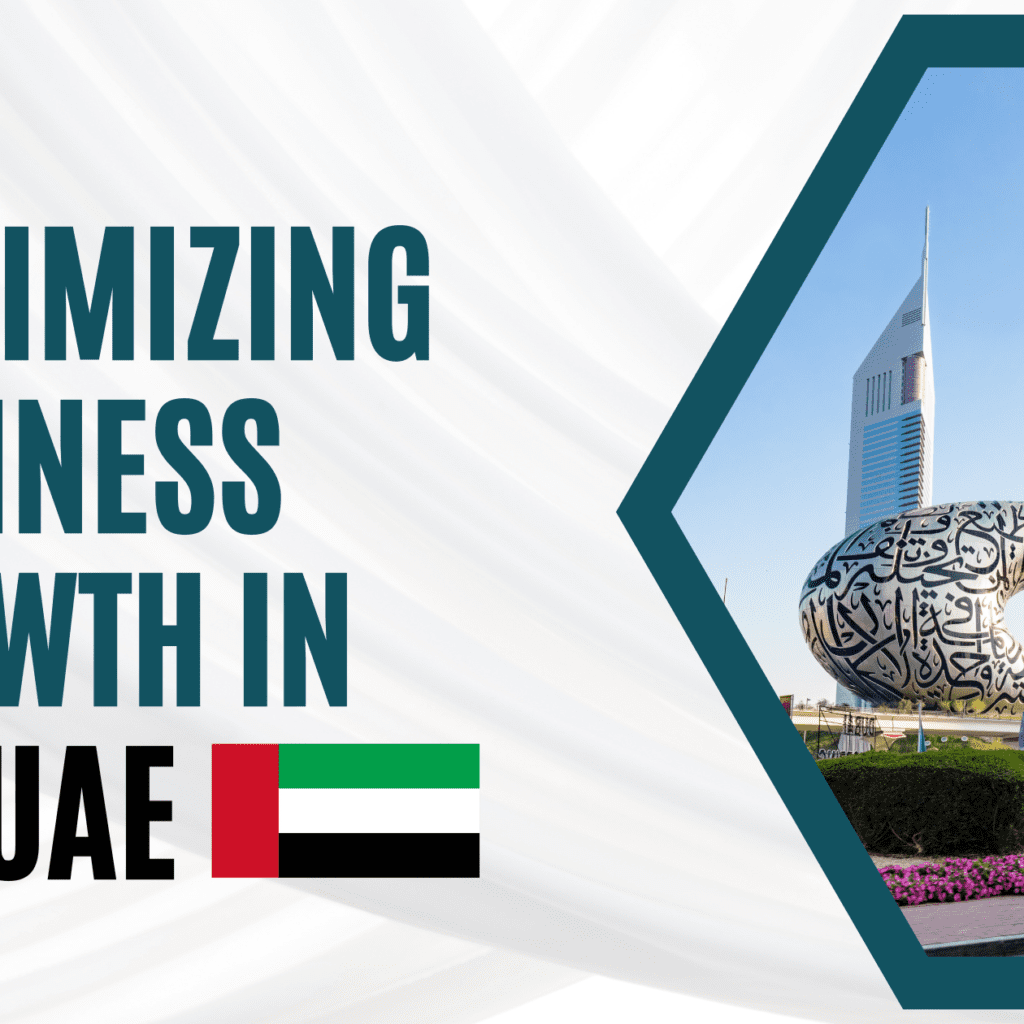The real estate market therefore, over time has grown and flourished becoming one of the most vibrant and lucrative centers for investors, buyers and developers internationally inclusive of Dubai. Despite the global recession’s impacts on real estate investment, Dubai remains to be an ideal investment haven because of its strategic location, adequate infrastructure and investor friendly policies. Nonetheless, AB Capital Services offers professional advice and wealth management concerning residential, commercial and other real estate businesses, as well as efficient management and implementation of owning shares with no hassle involved for all clients. Why Invest in Dubai’s Real Estate Market? Making Dubai a hub for investments in real estate since the returns are high, the income untaxed and properties modern. In the real estate investment, Dubai presents the investor with luxury homes, free zones, and affordable housing. Over the years, Dubai has provided a clear legal system for the real estate concerning long-term residence through property purchase, making it a strategic investment zone. Some key benefits of investing in Dubai real estate include: Tax-free income: Investors can enjoy tax-free rental income and capital gains. World-class infrastructure: Dubai boasts some of the most advanced infrastructures, from skyscrapers to transportation networks. Residency opportunities: Property owners in Dubai can qualify for long-term residence visas based on their investment. High rental yields: Dubai offers higher rental yields compared to many other global cities. The Role of AB Capital Services in the Dubai Real Estate Sector AB Capital Services plays a pivotal role in helping investors and entrepreneurs enter the Dubai real estate market. As a leading business consultancy, AB Capital offers tailored services to assist clients with property acquisition, legal compliance, and formation in the real estate sector. Whether you are looking to invest, start a real estate agency, or develop property, AB Capital’s expert team is well-equipped to streamline the entire process. With years of experience, AB Capital provides valuable market insights and personalized solutions that cater to each client’s specific needs. They handle everything from property searches to legal documentation, making it easier for clients to navigate the complexities of the Dubai real estate market. How AB Capital Helps with Real Estate Business Formation The real estate laws and regulations within the Middle Eastern country of Dubai make it compulsory for one to complete a series of legal formalities when it comes to establishing a business, and AB Capital Services seals this process. They assist clients with: Business licensing: Ensuring all necessary permits and licenses are obtained to legally operate in Dubai. Company formation: Offering tailored solutions for establishing a real estate company in Dubai’s mainland or free zones. Banking solutions: Assisting in opening business bank accounts and managing finances related to real estate transactions. Tax compliance: Ensuring that clients comply with all VAT and other tax-related regulations in Dubai. Setting Up a Real Estate Company in Dubai One of the most popular ways to tap into the real estate market is by setting up a real estate company. With AB Capital’s expertise, clients can choose between various business models depending on their objectives, such as: Real Estate Brokerage: Assisting clients in buying, selling, or renting properties. Property Development: Involves designing and constructing residential or commercial properties. Property Management: Managing properties on behalf of owners, including rent collection, tenant management, and maintenance. AB Capital guides clients through the process of registering their business with the Dubai Land Department (DLD) and obtaining the required permits, such as the Real Estate Regulatory Agency (RERA) certification. Popular Real Estate Areas in Dubai Dubai offers a wide range of options when it comes to property investments, from high-end luxury areas to affordable housing zones. Some of the most sought-after areas include: Downtown Dubai: Known for iconic landmarks like the Burj Khalifa and The Dubai Mall, Downtown Dubai is a prime location for luxury real estate. Palm Jumeirah: A man-made island known for luxury villas, resorts, and waterfront properties. Dubai Marina: Famous for its vibrant lifestyle, high-rise apartments, and marina views. Jumeirah Village Circle (JVC): A growing community with affordable housing options, making it popular among investors seeking rental income. Legal Requirements for Real Estate Transactions This market is controlled by the legal frameworks such as the Dubai Land Department and the Real Estate Regulatory Agency. Any real estate deal must be registered with the DLD and any real estate broker or agent must be registered with RERA. AB Capital helps the clients to meet all the legal formalities that are required when buying, selling or renting property. Key legal steps include: Property Formation: All property transactions must be registered with the DLD to ensure legality. Real Estate Agent Licensing: Real estate agents must hold a RERA license to operate in Dubai. Title Deed: Once a property is purchased, the buyer must obtain a title deed, which is a legal document confirming ownership. Real Estate Investment Opportunities in Dubai Dubai’s real estate market is diverse, offering opportunities in residential, commercial, and industrial properties. Investors can choose from: Residential properties: Apartments, villas, and townhouses in freehold and leasehold areas. Commercial properties: Offices, retail spaces, and warehouses in key business districts. Mixed-use developments: Areas that combine residential and commercial spaces, such as Business Bay and Jumeirah Lake Towers (JLT). AB Capital provides valuable insights into the best investment opportunities based on current market trends and the client’s financial goals. Financing Options for Real Estate in Dubai AB Capital also helps clients to source for funds for property acquisition in Dubai. Mortgage loans, investor visas relations, and partnerships have made AB Capital to partner with the best financial institutions that will meet the needs of their clients. This involves the mortgage process, the rates of interest and the best loan products in the market to offer. Property Management Services In addition, for clients intending to invest in the real estate market but do not have time or knowledge to handle property, AB Capital provides property management services. Such services include tenant acquisition, rent management, property management, and others. Through AB













